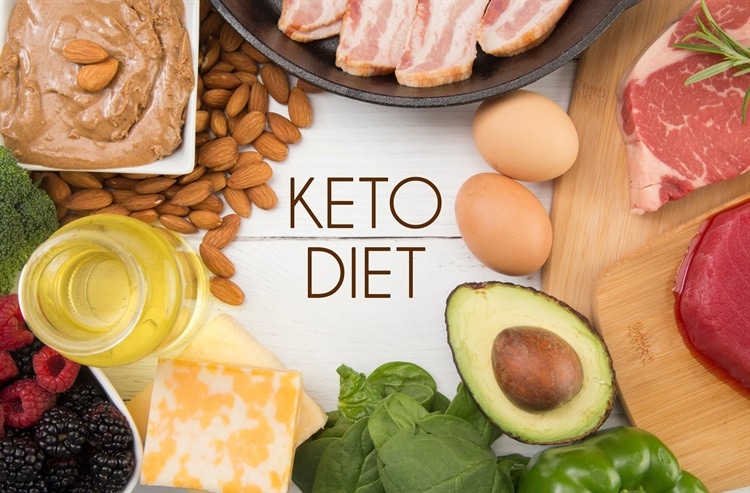The “keto” diet, which consists of eating a lot of fat and little to no carbohydrates, has been gaining popularity. A “keto-like” diet, according to a recent study that was presented at the American College of Cardiology’s Annual Scientific Session Along With the World Congress of Cardiology, may be linked to higher blood levels of “bad” cholesterol and a doubled-up risk of cardiovascular events like angina, blocked arteries that require stenting, heart attacks, and strokes.
The body uses carbohydrates as its primary source of fuel to power daily activities. In low-carbohydrate, high-fat (LCHF) diets, such as the ketogenic diet, carbohydrates (such as those found in bread, pasta, rice, and other grains, as well as in baked goods, potato products like fries and chips, and high-carbohydrate fruits and vegetables) are limited.
The term “ketogenic,” or “ketone generating,” refers to a diet that produces ketones, which the body uses as fuel when there are no carbs present. In general, proponents of a ketogenic diet advise keeping protein to 20% to 30% of total daily calories, carbs to 10% of total calories, and getting 60% to 80% of daily calories from fat.
An LCHF diet can cause higher levels of LDL cholesterol in some people, according to some earlier research. The effects of an LCHF diet on risk for heart disease and stroke have not been thoroughly researched, according to Iatan, even though high LDL cholesterol is an established risk factor for heart disease (produced by atherosclerosis, a buildup of cholesterol in the coronary arteries).
For this study, Iatan and her colleagues defined an LCHF diet as consisting of no more than 25% of total daily energy or calories from carbohydrates and more than 45% of total daily calories from fat. They dubbed this an LCHF diet and “keto-like” because it is somewhat higher in carbohydrates and lower in fat than a strict ketogenic diet. They defined a “standard diet” as individuals not meeting these criteria and having more balanced eating habits.
The research team analyzed data from the UK Biobank, a large-scale prospective database with health information from over half a million people living in the United Kingdom who were followed for at least 10 years. Upon enrollment in the biobank, 70,684 participants completed a one-time self-reported 24-hour diet questionnaire and, at the same time, had blood drawn to check their levels of cholesterol. The researchers identified 305 participants whose questionnaire responses indicated that their diet during the 24-hour reporting period met the study’s definition of an LCHF. These participants were matched by age and sex with 1,220 individuals who reported eating a standard diet. This resulted in 73% of the participants in each group being women and the group’s average age was 54 years. Those on an LCHF diet had an average body mass index (BMI) of 27.7; those on a standard diet, 26.7. A BMI of 25 to 30 falls within the overweight range.





